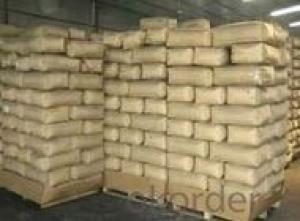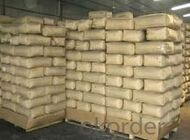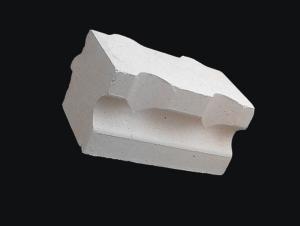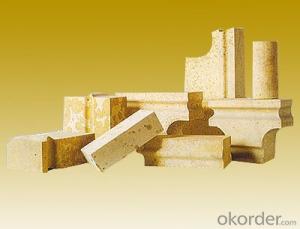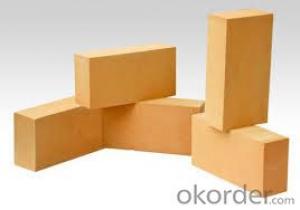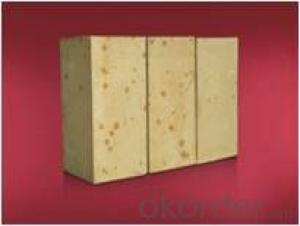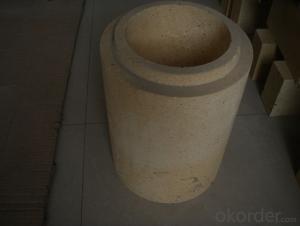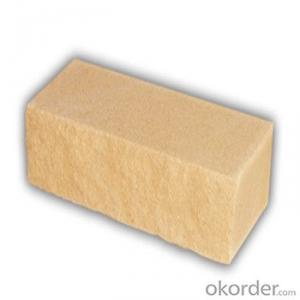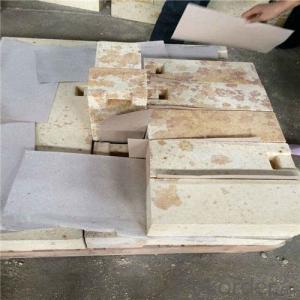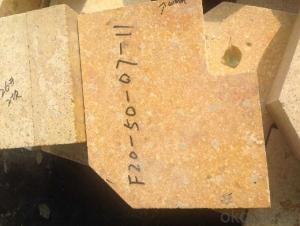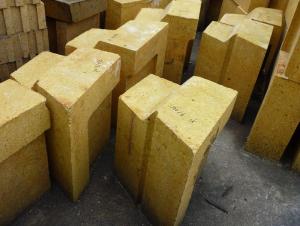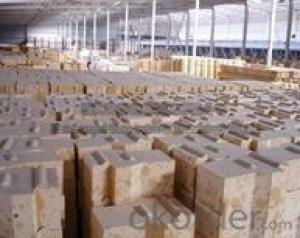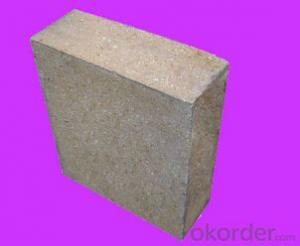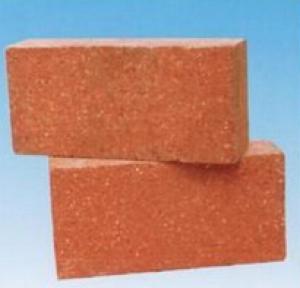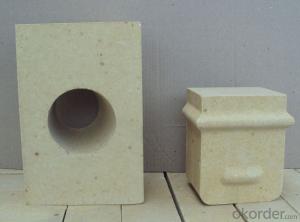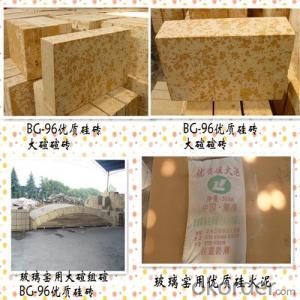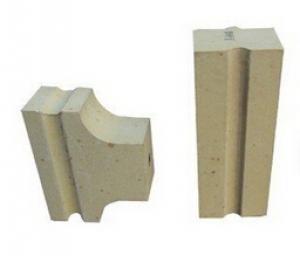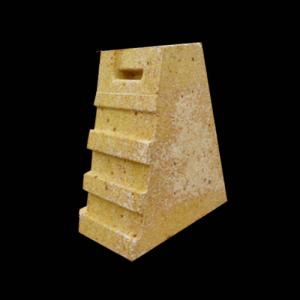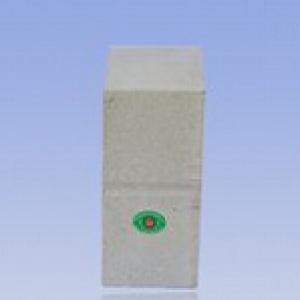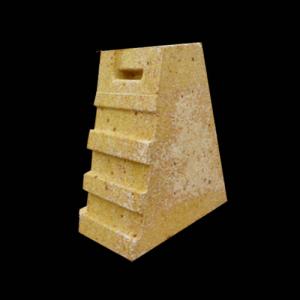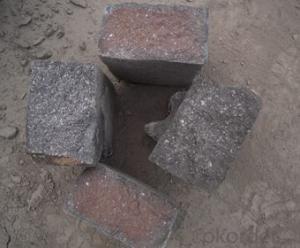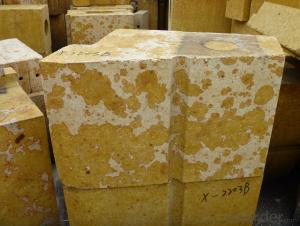Silica Brick Reinforced Rubber Carbon Black Bricks
- Loading Port:
- China Main Port
- Payment Terms:
- TT OR LC
- Min Order Qty:
- -
- Supply Capability:
- -
OKorder Service Pledge
OKorder Financial Service
You Might Also Like
Specifications
Rubber carbon black bricks
1.Mature Professional Operation
2.Wet Granular
Rubber carbon black bricks
Product name:carbon black
Molecularformula: C
CAS No.:1333-86-4
EINECS No.: 215-609-9
Usage: Maily used in various rubber products such as tyres, rubber overshoes, cable, seal ring, tape etc. Also can be used in relevant industries such as plastic manufacutre.
It is mainly used for rubber intensifier and packing, its consumption is about half of rubber rubber consumption of carbon black with carbon black 94% of the total, with approximately 60% for tyre manufacture. In addition, also used for printing ink, paint and plastic colorants and plastic products BingBiJi of ultraviolet light, as well as important fertilizerFor many other products, such as electrode, dry, resistors, explosives, cosmetics, and polishing compound.
Grade:N220/N330/N550/N660 etc.
1) N220
Wear and the anti-cracking N110 compared with high, set out low stress, dispersivity is good.
2) N330
It with good abrasion resistance and medium hysteresis.
3) N550
It in soft carbon black varieties has the best reinforcing performance, excellent extruding performance, low resilient rate.
4) N660
It compared with N550, reinforcing the gender is low, the structure is lower, higher inflation, mouth filling quantity is bigger.
Specification:
ITEM | N220 | N330 | N550 | N660 |
Iodine Absorption Number, g/kg | 121 +/-5 | 82 +/-5 | 43 +/-4 | 36 +/-4 |
DBP Absorption Number, 10-5m3/Kg | 114 +/-5 | 102 +/-5 | 121 +/-5 | 90 +/-5 |
DBP Absorption Number of Compressed Sample, 10-5m3/Kg | 93~107 | 81~95 | 81~95 | 68~82 |
CTAB Surface Area, 103m2/Kg | 106~116 | 79~87 | 38~46 | 31~39 |
Nitrogen Surface Area, 103m2/Kg | 114~124 | 78~88 | 38~46 | 30~40 |
Tint Strength | 110~120 | 98~108 | - | - |
Heating Loss, %≤ | 3.0 | 2.5 | 2.5 | 1.5 |
Ash, %≤ | 0.5 | 0.5 | 0.5 | 0.5 |
Tensile Strength Map, MPa≥ | -0.8 | -1.5 | -3.5 | -3.5 |
Extension, %≥ | +10 | -10 | -10 | +10 |
Map Modulus at 300%, MPa | -2.5 +/-1.3 | -1.7 +/-1.3 | -1.7 +/-1.3 | -3.5 +/-1.3 |
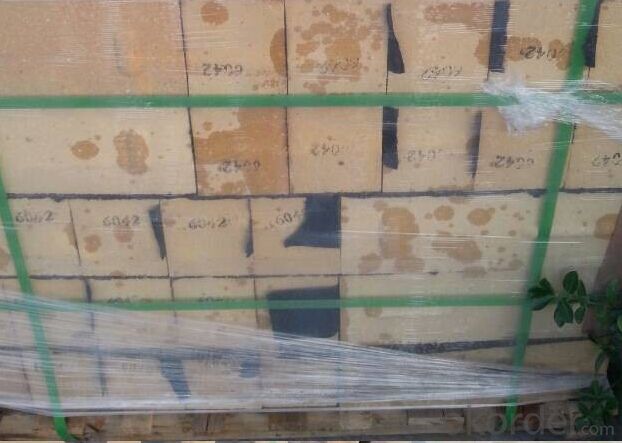
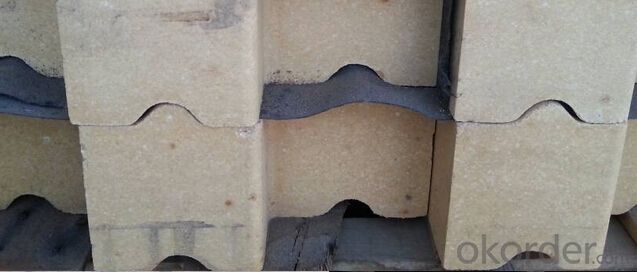
- Q: Why will expand when heated brick
- After high temperature after the formation of tridymite and cristobalite and quartz and a small amount of residual glass phase, quartz heating to 220-240 DEG C, in a certain degree of thermal expansion, brick maximum expansion occurs in 100~300 DEG C, 300 expansion before the total amount of expansion is about 70%~75%.
- Q: The specific content is what gb/t2608-2012 brick
- Quality assessment procedures, packaging, marking, transport, storage, and quality certificates. Suitable for siliceous refractory bricks.
- Q: The introduction of silica brick
- The characteristics of silica brick:Brick belongs to refractory materials, with strong resistance to acid slag or acid solution erosion ability, high load softening temperature are excellent properties of silica brick, usually 1640-1680 C.The use of silica brick:Mainly used for masonry brick oven carbonization chamber, a combustion chamber and a partition wall, glass furnace and kiln roof, pool wall, high temperature hot blast furnace, glass furnace, load-bearing pool wall, hot blast stove, baking furnace of carbon bearing part of high temperature furnaces etc.. Rongsheng with refractory
- Q: What is acid refractory?
- Refractory materials are mainly quartz glass products, combined with fused quartz products, silica brick and unshaped refractories. Semi siliceous refractory materials are generally attributed to this category. As for fireclay refractories, they are also classified as semi acidic or weakly acidic refractories. Also, zircon refractory and silicon carbide refractory for special acidic refractory materials are also classified into this category.
- Q: Why is the new trend of the high thermal conductivity of silica brick
- The high thermal conductivity of silica brick all inherits the advantages of traditional coke oven silica brick, on the basis of further highlight the characteristics of high thermal conductivity.
- Q: Semisilica brick, clay brick, high alumina brick and what is the difference?
- The share of A12O3 and SiO2 is different
- Q: What are the main constituents of refractory bricks?
- Clay brick and clay brick are mainly composed of mullite (25% ~ 50%), glass phase (25% ~ 60%) and square quartz and quartz (up to 30%). Usually with hard clay as raw material, pre calcined mature material, and then with soft clay, semi dry or plastic molding, the temperature at 1300~1400 C fired clay brick products. Can also be added a small amount of water, glass, cement and other binders to make non burning products and amorphous materials. It is a refractory brick commonly used in blast furnaces, hot blast furnaces, heating furnaces, power boilers, lime kilns, rotary kilns, ceramics and refractory bricks.
- Q: Why is the highest brick coke oven temperature measuring point temperature not exceeding 1450
- Brick belongs to refractory materials, with strong resistance to acid slag or acid solution erosion ability, high load softening temperature are excellent properties of silica brick, usually 1640-1680 C.
- Q: The chemical composition of silica brick and its physicochemical index?
- ????Al2O3 SiO2??????fe2o3??????cao???????r2o93~98?0.5~2.5?;;?0.3~2.5??0.2~2.7;??1~1.5;
- Q: Why in the production of the brick to detect the volume density
- Density is the property of material, different density of materials, density of the same kind of material is not up to standard, affecting performance.
Send your message to us
Silica Brick Reinforced Rubber Carbon Black Bricks
- Loading Port:
- China Main Port
- Payment Terms:
- TT OR LC
- Min Order Qty:
- -
- Supply Capability:
- -
OKorder Service Pledge
OKorder Financial Service
Similar products
Hot products
Hot Searches
Related keywords
